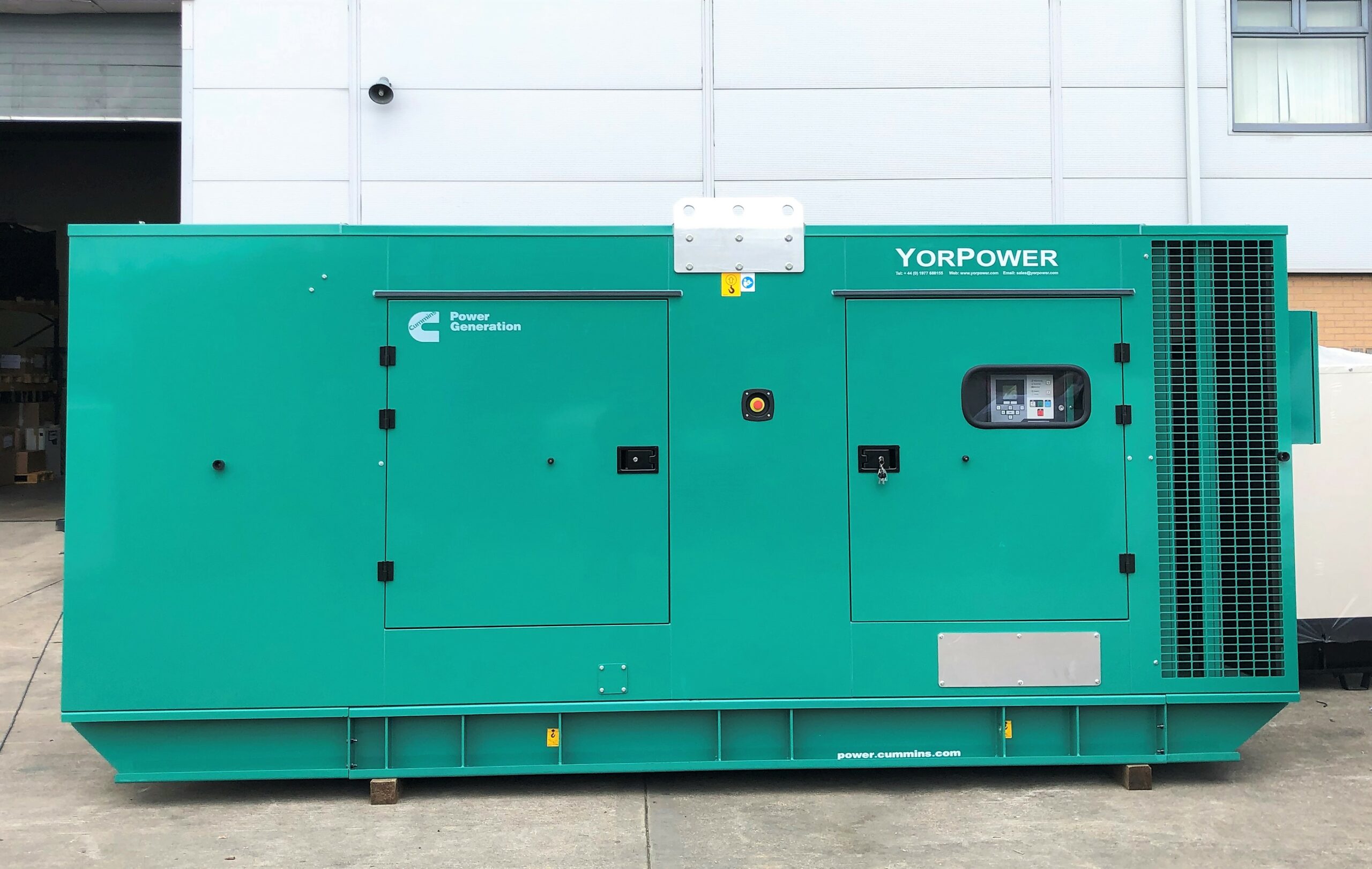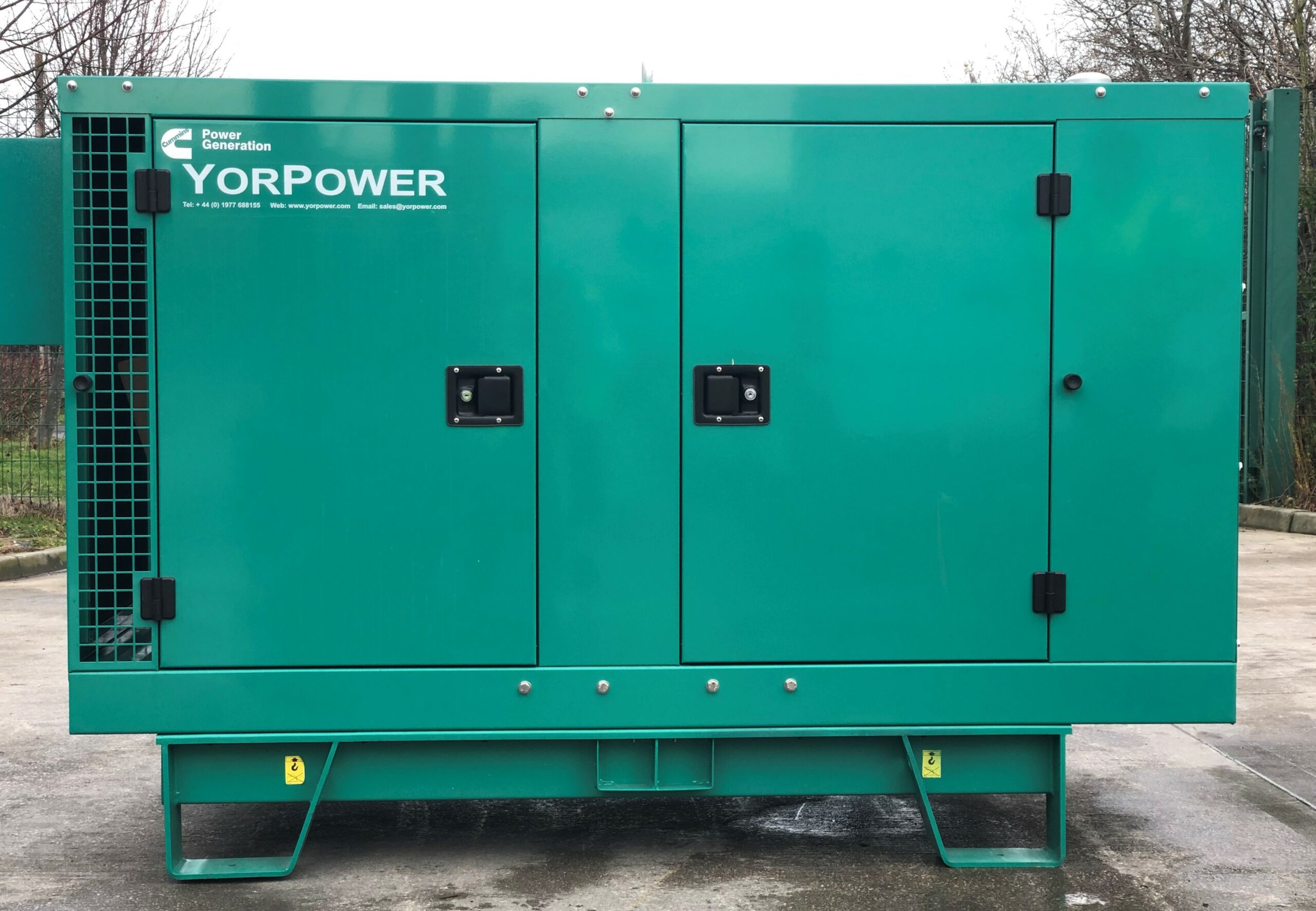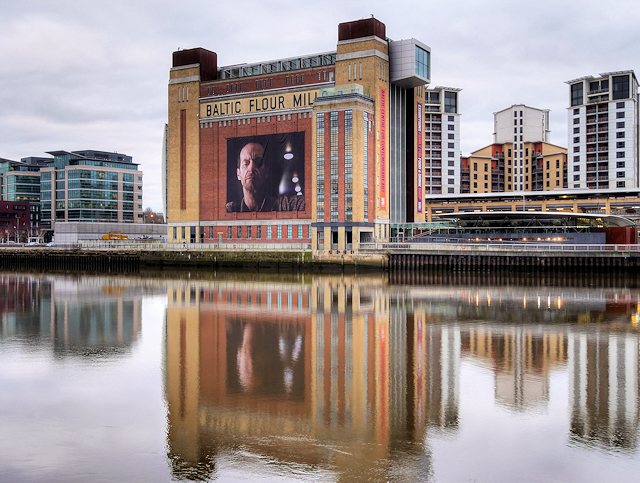Diesel Generator Backup for Baltic Flour Mill
January 10, 2020
YorPower recently provided an environmentally friendly backup power solution to the Baltic Centre for Contemporary Arts in Gateshead. The art museum required a backup power solution to take over in the event of a power cut.
YorPower demonstrated its ability to design a fully integrated diesel generator backup system that, in the event of a power outage, will automatically start two Cummins Generators, acting as an interim power supply to keep business running as usual. The generators provide 900kVA combined available power provided by the Cummins generators, comprising a 330kVA Cummins generator and a 550kVA Cummins generator. The YorPower design team worked closely with the Baltic Flour Mill’s management and their design consultants to deliver a fully synchronised system that will provide emergency power. More importantly, this essential emergency power comes a reduced environmental cost thanks to “power sharing” which requires a much smaller amount of fuel. The type of fuel used also contributes to a reduced carbon footprint as YorPower opted for a newly available Bio fuel which eliminates the pollutant contaminants and ensures the level of emissions produced when the generators are running is kept to the lowest level possible.
Recent legislation governing the way in which diesel powered plants and machinery can be used has been restricted to ensure the levels of NOx and SOx are significantly reduced. For more information on this topic, please visit our blog, Diesel Generator Emissions Legislation 2019/20.
Full testing and commissioning will be carried out by YorPower, the installation will also be handled by our team.
Background on Baltic Flour Mill
The art museum started off as a flour mill in 1950, producing flour for Hovis. In 1957, an animal food mill extension was added, employing a total of 300 people, a third of which were still employed when the mill closed in 1981. The work rate of the mill was impressive, the immensity of the structure meant that it was able to dispatch a total of 240 tonnes of grain per hour. The renowned flour mill business created in 1875 by Joseph Rank, used the Baltic Flour Mill as the model for their post WWII reconstruction programme. In 1994, a transformation took place, Dominic Williams of Ellis Williams Architects won an international design competition to covert the building. The project was supported by the National Lottery, providing £33.4 million towards building costs and £1.5 million per annum for general running costs. Today, the history of the building is still visible and celebrated, forming an inherent part of the architectural wonder that is the Baltic Centre for Contemporary Arts.
The history of the building, the great views overlooking the river Tyne and the artworks that inhabit it’s galleries attract visitors from all over. For those anticipating a fun learning experience indoors, a power cut would be catastrophic, especially for those travelling longer distances. Power is crucial for the lighting, heating of the galleries, not to mention the often pivotal role they play in the art pieces themselves. Lighting is a key element when building an exhibition space, ensuring the proper showcasing of pieces that have been worked on for months, sometimes years. Modern day installations often require electricity in order to present electrically powered installation art or to video art. (power for cafe/restaurant)
For more information about YorPower project capability, please consult our Projects page and Case Studies.





